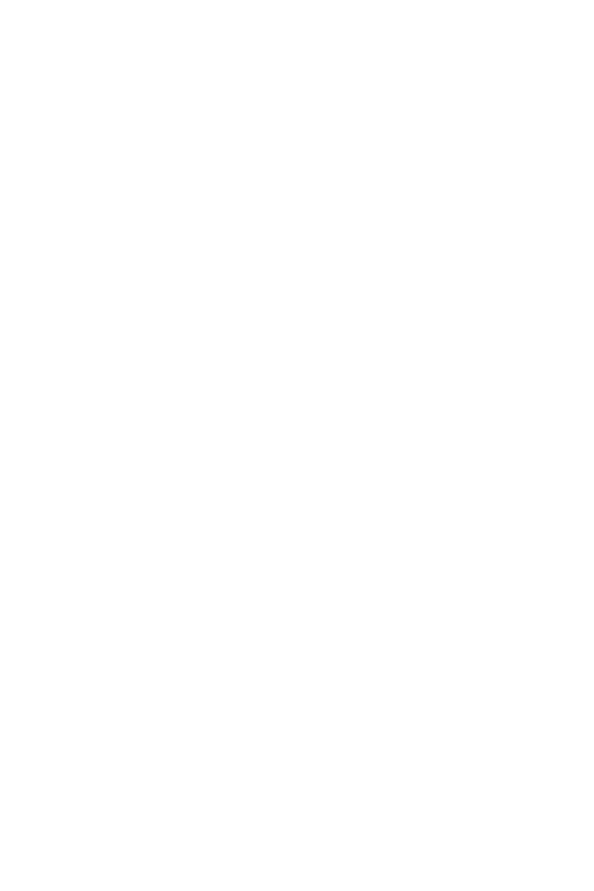
On August 15, 2001, the Minneapolis FBI Field Office initiated an intelligence
investigation on Zacarias Moussaoui.As mentioned in chapter 7, he had entered
the United States in February 2001, and had begun flight lessons at Airman
Flight School in Norman, Oklahoma. He resumed his training at the Pan Am
International Flight Academy in Eagan, Minnesota, starting on August 13. He
had none of the usual qualifications for flight training on Pan Am's Boeing 747
flight simulators. He said he did not intend to become a commercial pilot but
wanted the training as an "ego boosting thing." Moussaoui stood out because,
with little knowledge of flying, he wanted to learn how to "take off and land"
a Boeing 747.
vide a plausible explanation for this sum of money. He had traveled to Pakistan
but became agitated when asked if he had traveled to nearby countries while
in Pakistan (Pakistan was the customary route to the training camps in
Afghanistan). He planned to receive martial arts training, and intended to pur-
chase a global positioning receiver. The agent also noted that Moussaoui
became extremely agitated whenever he was questioned regarding his religious
beliefs.The agent concluded that Moussaoui was "an Islamic extremist prepar-
ing for some future act in furtherance of radical fundamentalist goals." He also
believed Moussaoui's plan was related to his flight training.
discussed in chapter 7, Moussaoui had been in contact with and received
money from Ramzi Binalshibh. If Moussaoui had been connected to al
Qaeda, questions should instantly have arisen about a possible al Qaeda plot
that involved piloting airliners, a possibility that had never been seriously ana-
lyzed by the intelligence community.
saoui might be planning to hijack a plane. Minneapolis and FBI headquarters
debated whether Moussaoui should be arrested immediately or surveilled to
obtain additional information. Because it was not clear whether Moussaoui
could be imprisoned, the FBI case agent decided the most important thing was
to prevent Moussaoui from obtaining any further training that he could use to
carry out a potential attack.
tion.A deportation order was signed on August 17, 2001.
inal warrant to search Moussaoui's laptop computer.